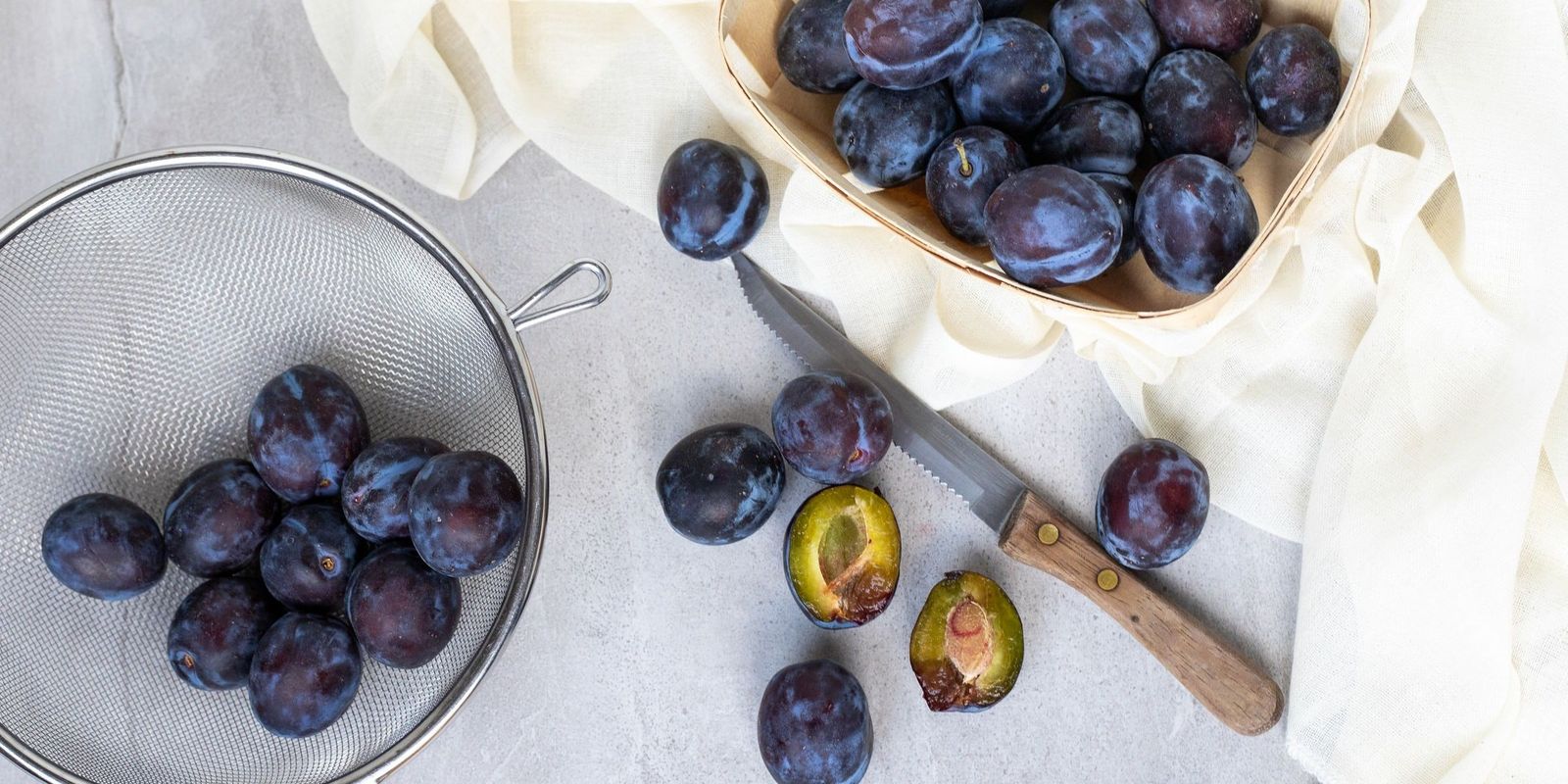Saving energy at home
– Turn down your heating
Sure, an indoor temperature of 23 degrees means you don’t have to wear a sweater. But the fact is: heating and electricity together account for almost half of your day-to-day CO2. If you heat to 20 degrees, you can significantly reduce energy consumption and heating costs. A temperature of between 16 and 19 degrees is ideal for falling asleep – the body is better able to enter sleep mode. And by the way: you can ventilate rooms three to four times a day without them cooling down too much. By contrast, if you keep your windows permanently tilted you are literally throwing energy out the window.
– Use energy-saving bulbs
If you replace five conventional 60-watt light bulbs with energy-saving bulbs, you will save 100 kg of CO2 over a period of one (calculated based on 700 hours of use).
– Switch to green power
Conventional power generation using lignite and hard coal produces large quantities of CO2. The good news: as a tenant, you can switch to green power at any time. At www.mynewenergy.ch you can compare offers and prices and change your electricity provider right away.
– Take note of energy labels
Energy labels help you assess the energy consumption of a household appliance or any other product at a glance. They are divided into efficiency classes from A to G: A (green) indicates the best, G (red) the worst. For some appliances, this classification has already been replaced with a new system that labels the best products as A+++.
Saving energy through your eating habits
– Buy less meat
Conventional meat production is very CO2-intensive due to the practice of slash-and-burn clearance for fodder cultivation as well as the transportation and cooling of meat. Cows also contribute to climate change through the emission of methane – another greenhouse gas. It’s worth being more aware of this.
– Drink tap water
A small change with a big impact: if you replace a litre of mineral water or sweet drinks with the same amount of tap water every day, you will save 400 kg of CO2 per year.
– Eat regionally and seasonally
Regional food saves a lot of transportation, which in turn saves CO2. But a seasonal diet is important, too: it really pays off if your food doesn't have to be stored and cooled for weeks before you eat it. If you opt for organic products too, you can be sure that smaller amounts of energy-intensive fertilisers and pesticides had to be produced for your food.

Saving energy through your consumption habits
– Share your car or/and opt for electric power
If you don’t need a car all the time, it’s worth thinking about joining a car-sharing service. After all, sharing a car between several people not only ensures a more conscious use of valuable resources, it also reduces the energy emissions caused by vehicle manufacture and disposal. Moreover, electric mobility definitely pays off: if you travel 7’000 kilometres per year, you save around 900 kilograms of CO2 with an electrically powered model (using green power) as compared to a model powered by a petrol engine.
– Live with less, use things for longer
It’s helpful to use things for longer and shop more modestly: after all, every product that doesn’t have to be produced and transported saves energy and therefore CO2. Maybe what you need is available at a second-hand shop or on an exchange platform? And maybe something that has got broken can be repaired – at a repair café, for example?
– Share your household appliances
You don’t necessarily want to buy your own sewing machine or ladder because you only need one for a short time? As a member of a rental exchange or sharing community, you not only save space at home, you also save energy. At www.pumpipumpe.ch, for example, you can get stickers for your mailbox to show your neighbours what they can borrow from you – and what you’d like to borrow from them.
– Use ecological cleaning agents
Whether washing-up liquid or detergent: for a wide range of cleaning products, alternatives now exist that are almost completely biodegradable. Pay attention to the type of packaging, too: do the tabs have to be individually packaged, for example, or is it possible to use powder that can be dosed?
Save energy on the internet
– Use mail servers that use green power
Sending, receiving and saving e-mails also uses up energy: equipment has to be operated, servers have to be cooled. That’s why it’s a good idea to use energy-conscious e-mail providers: posteo.de, mailbox.de and biomail.de only use certified green power for their servers, for example. Deleting old e-mails and cancelling unnecessary newsletters also saves energy (help is available here from www.cleanfox.io, for example).
– Green surfing
We often forget: our online life uses up a lot of energy, too. An average Google search consumes as much power in total as a 100-watt light bulb in one hour. As an alternative, there are more “sustainable” eco search engines: www.ecosia.org uses its advertising revenue to plant trees worldwide and operates its servers entirely using renewable energy. www.ecogine.org donates its income to environmental associations.
